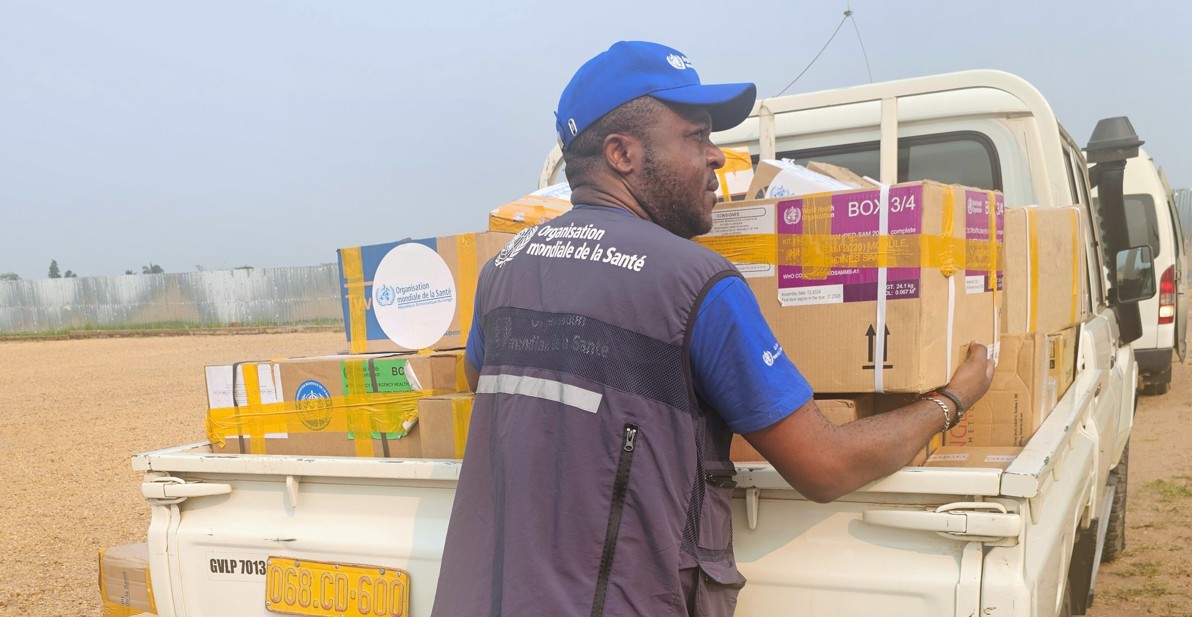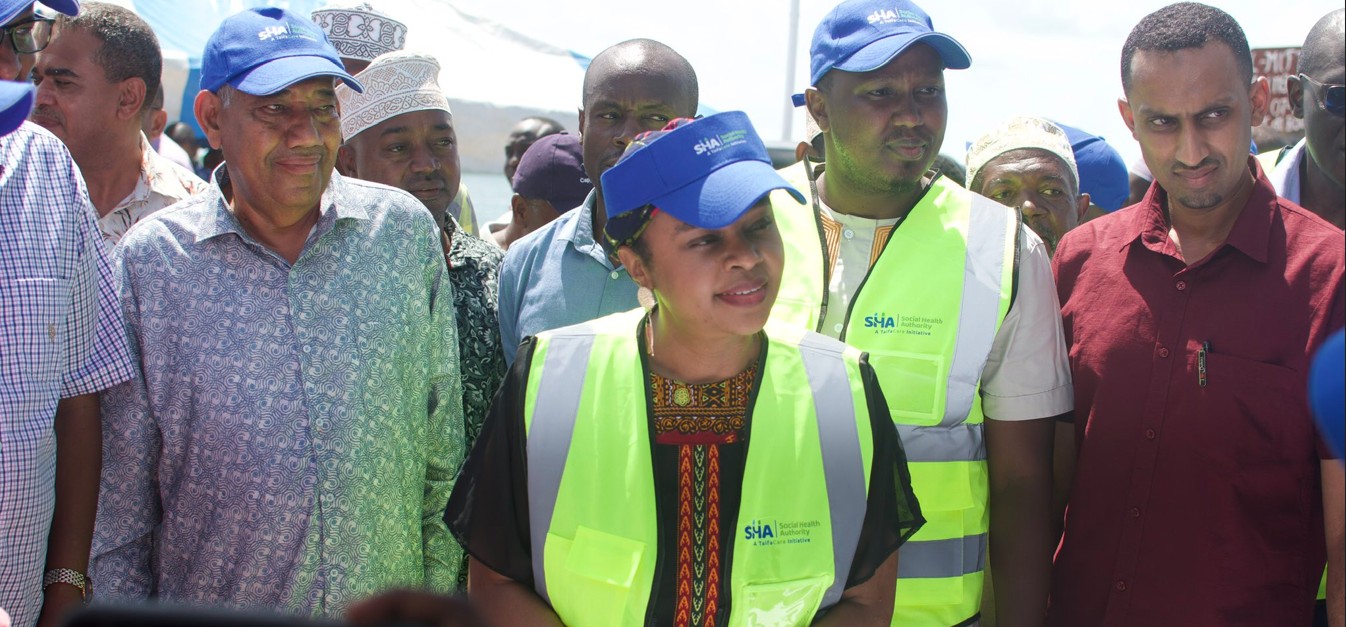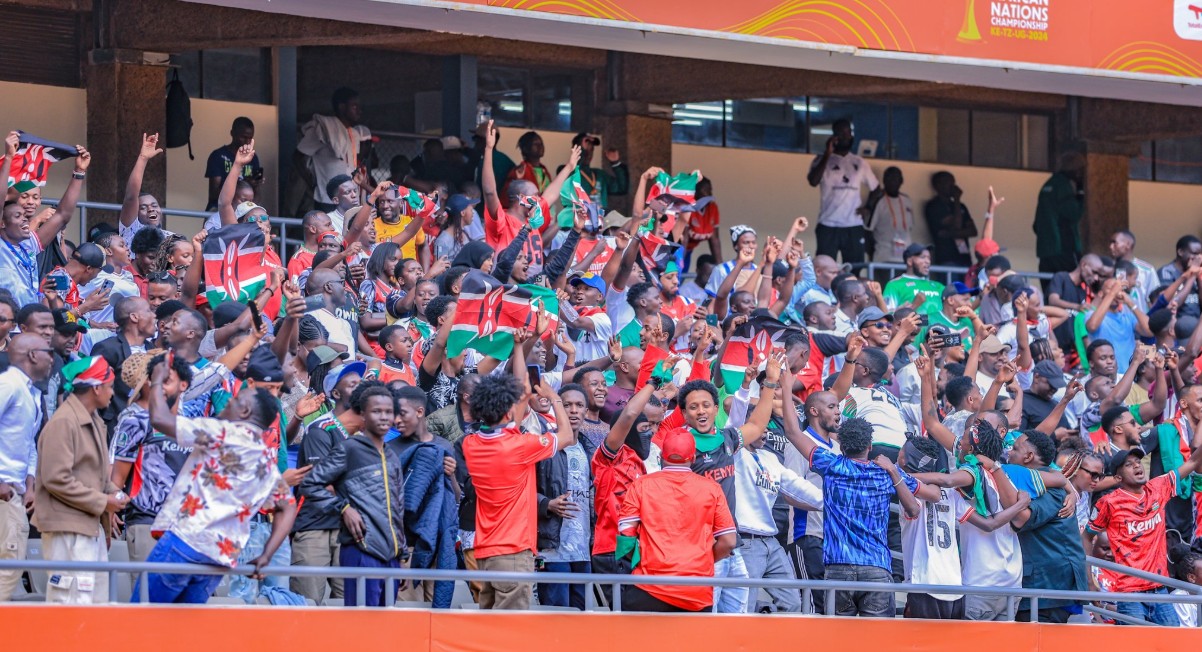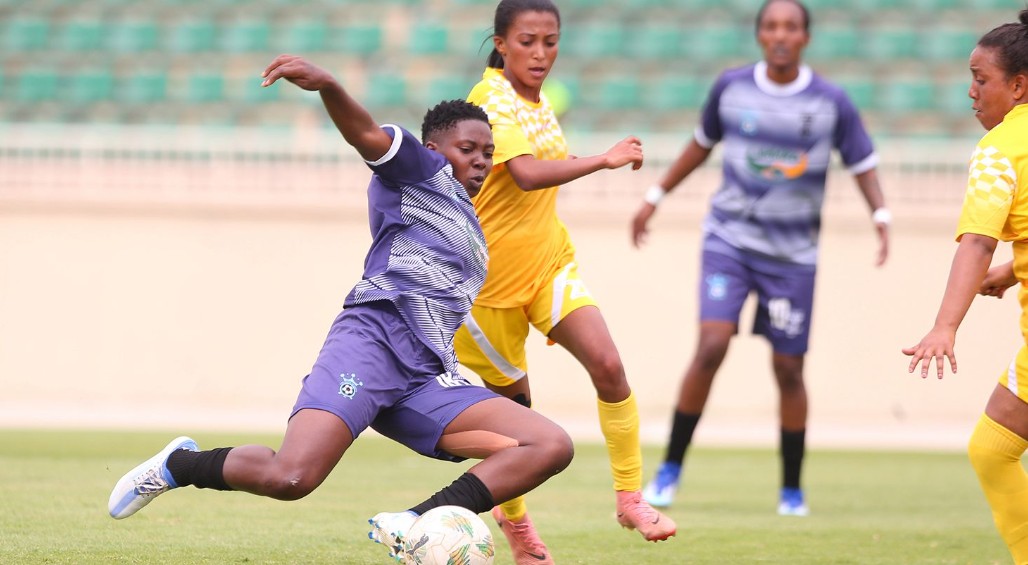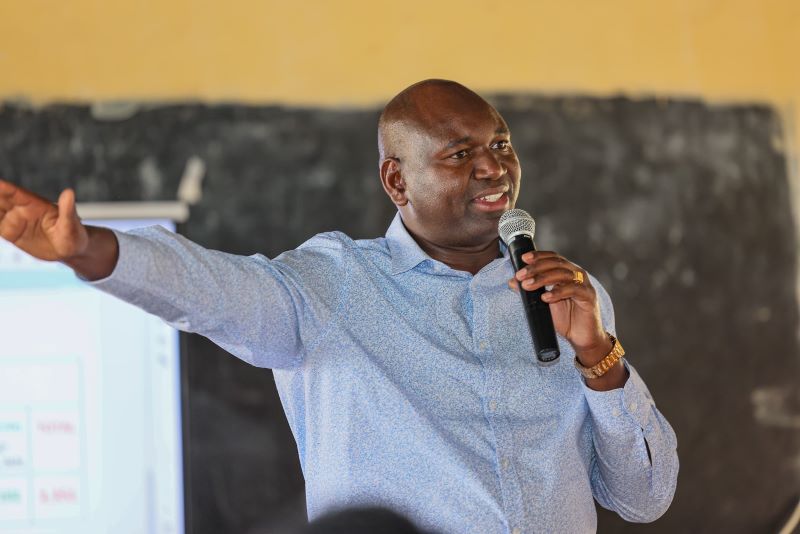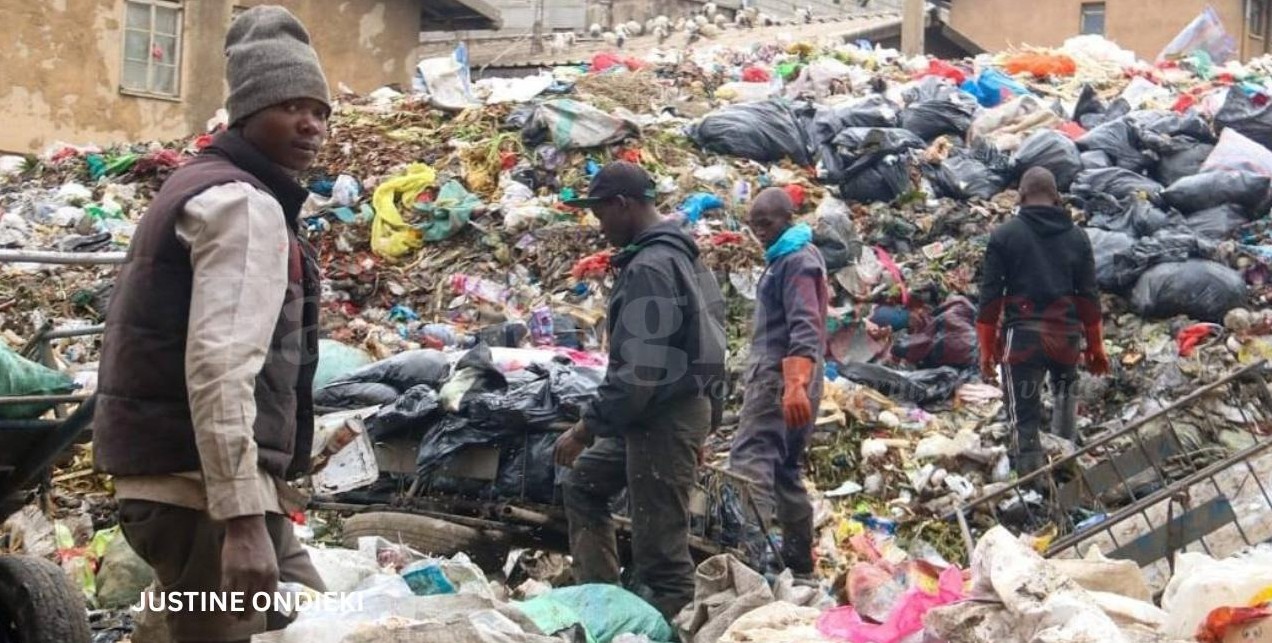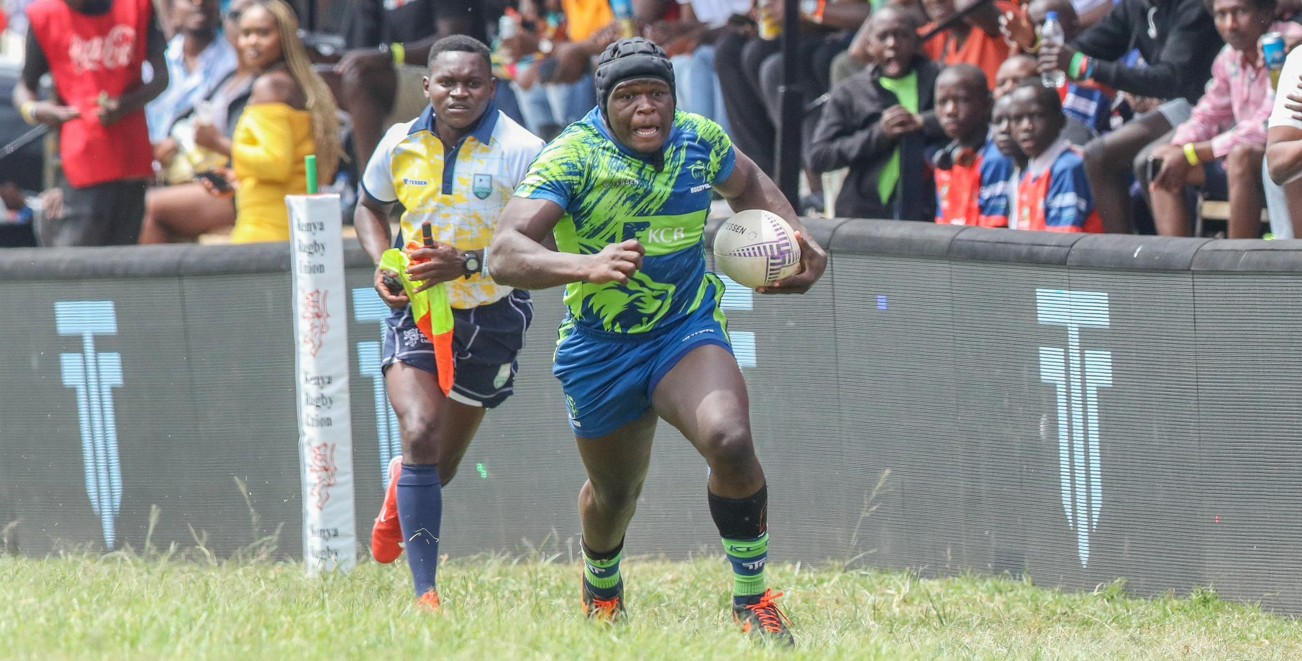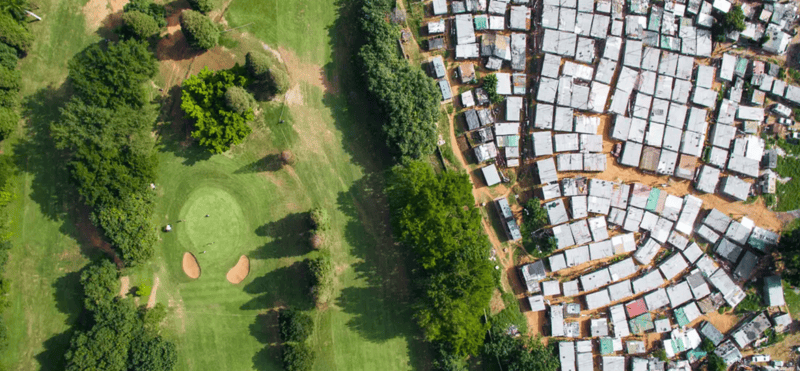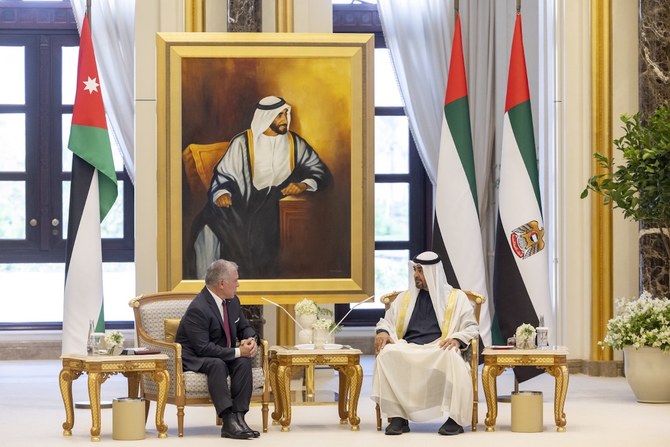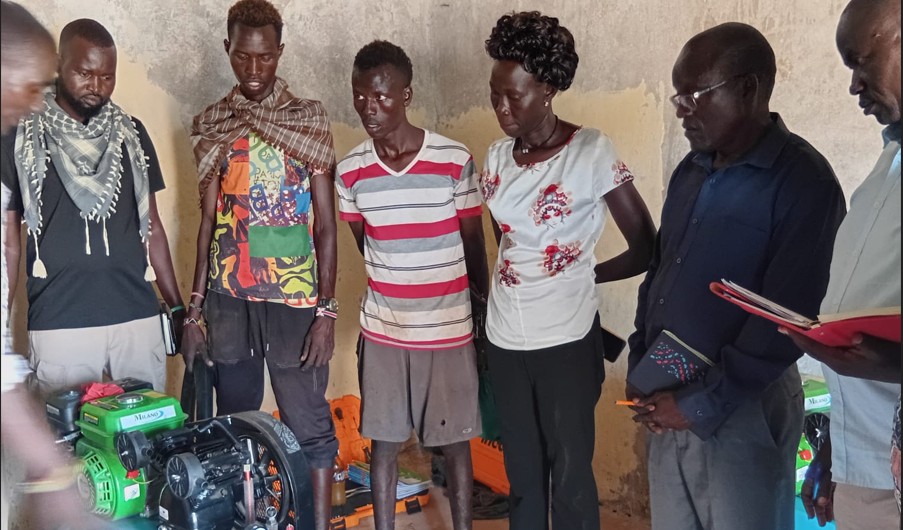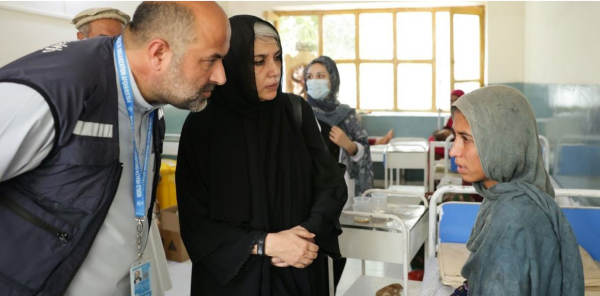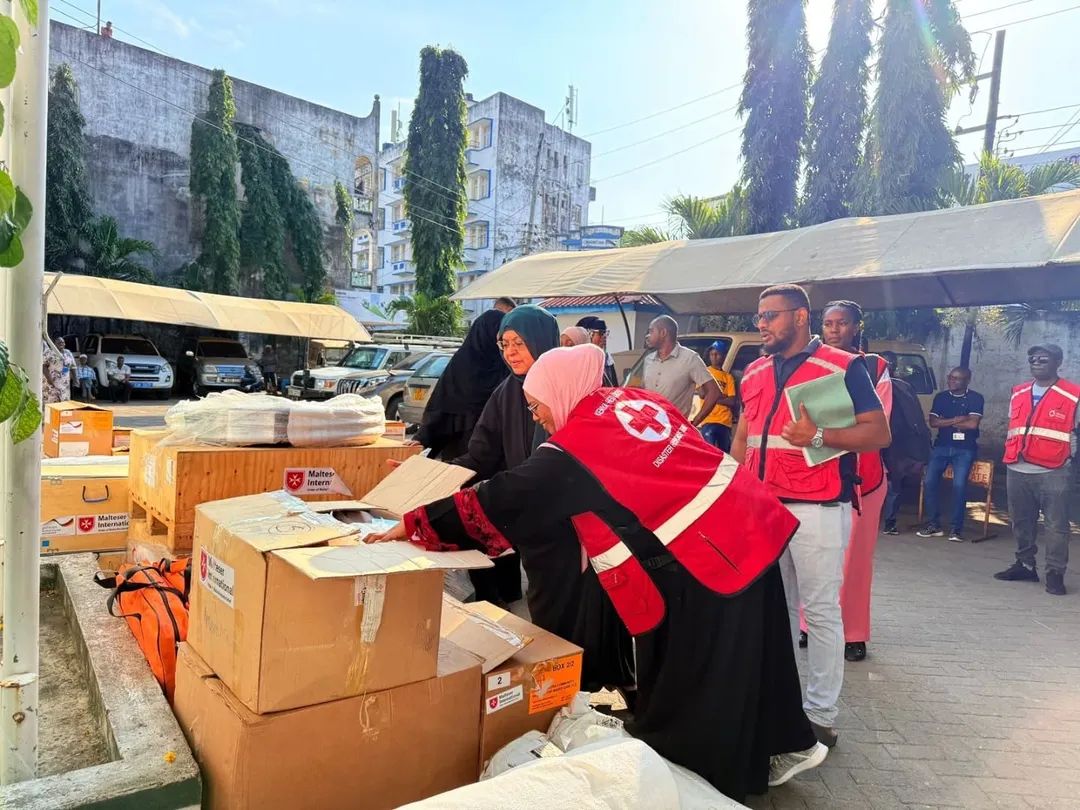Boniface Mwangi, Agather Atuhaire sue Kenya, Uganda, Tanzania over torture, illegal deportation
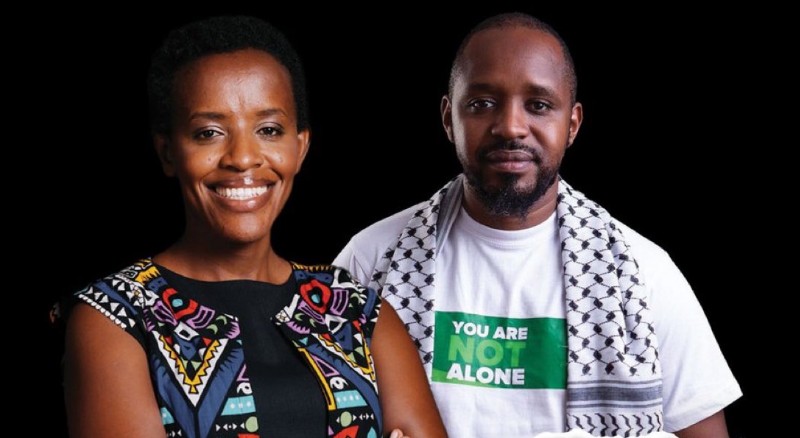
At the time of the incident, the two had lawfully travelled to Tanzania to observe the treason trial of opposition leader and lawyer Tundu Lissu.
Boniface Mwangi and Agather Atuhaire, two well-known human rights defenders from Kenya and Uganda, have filed a major case at the East African Court of Justice (EACJ) alongside seven regional civil society organisations.
The Reference accuses the Government of Tanzania of orchestrating their abduction, torture, unlawful detention and deportation in May 2025, and holds the Governments of Kenya and Uganda, as well as the Secretary General of the East African Community (EAC), responsible for failing to protect their citizens and uphold regional laws.
More To Read
- Boniface Mwangi’s ammunition case set for December 1
- Calls for justice as world marks day to honour victims of enforced disappearances
- Activist Boniface Mwangi enters 2027 presidential race with justice and equity agenda
- Tundu Lissu on death of Ngugi wa Thiong'o: A prisoner's eulogy from Ukonga prison in Dar es Salaam
- How Tanzania’s ex-envoy is turning into President Samia’s firebrand critic
- Tanzania's Chadema slams closed-door trial as court bars live broadcasts of Tundu Lissu case
The applicants in the case include Mwangi, Atuhaire, Agora Centre for Research, Centre for Strategic Litigation, East Africa Law Society, Kenya Human Rights Commission, Innovations for Democratic Engagement and Action (IDEA), the Kenyan Section of the International Commission of Jurists (ICJ-Kenya), and the Pan African Lawyers Union.
The respondents are the Attorneys General of Tanzania, Uganda and Kenya, and the Secretary General of the EAC.
According to the case, between May 19 and 23, 2025, Mwangi and Atuhaire were abducted by unknown individuals from their hotel in Dar es Salaam.
They were first taken to the Immigration Department and Central Police Station before being removed without any legal explanation to an unknown location. There, they were subjected to physical and psychological torture, including sexual violence.
They were later dumped across the border, Atuhaire in Uganda and Mwangi in Kenya.
At the time of the incident, the two had lawfully travelled to Tanzania to observe the treason trial of opposition leader and lawyer Tundu Lissu.
At no point were they informed of any charges, nor were they told under what law or whose authority they were being detained or moved from police custody.
Despite wide coverage in East African and international media about their disappearance, both the Kenyan and Ugandan governments failed to take any meaningful action to secure their release or hold the Tanzanian authorities accountable.
The applicants also say the EAC Secretary General remained silent and did not take any corrective steps, despite the serious human rights concerns and the matter being widely known across the region.
The applicants argue that the actions and inaction of the four respondents amount to serious violations of the Treaty for the Establishment of the East African Community, the African Charter on Human and Peoples’ Rights, and other binding regional and international legal instruments.
They also say the events undermine the ideals of East African unity and Pan-African cooperation.
The applicants are demanding several remedies, including public apologies from the governments of Tanzania, Kenya and Uganda; compensation of at least $1,000,000 for each victim and rehabilitation and psychosocial support.
Both Mwangi and Atuhaire also want a formal condemnation of the actions by the EAC Secretary General; institutional reforms to prevent similar abuses in future; and a special summit of EAC Heads of State to discuss regional peace, justice and governance.
Mwangi said the case is about demanding justice not only for themselves, but for all victims of state brutality.
“When a state goes rogue, the law must step in to protect its victims. What happened to us was evil, and was meant to silence us, but we refused to be silenced,” he said.
"We are going to court not only to fight for justice but to show the whole world what happened to us in the dark. We hope this case will give more victims of the state the courage to speak up and seek justice. We can’t allow evil to prosper,” Mwangi added.
David Sigano, advocate and CEO of the East Africa Law Society, said the violations strike at the core of regional values and law.
“This matter strikes at the heart of what it means to be East African. No citizen should be tortured, disappeared, or deported simply for observing a court trial. The East African Court of Justice must rise to the occasion.”
Donald Deya, advocate and CEO of the Pan African Lawyers Union, added that the case is about protecting the values that bind the region together.
“This case is not just about two individuals. It is about defending the soul of East Africa – the principles of human dignity, regional integration, and the rule of law. These violations cannot be ignored. We are demanding accountability and justice at the highest regional level?”
The applicants say this case is a warning to governments in the region that human rights cannot be violated without consequences.
They say the court’s response will be a measure of the EAC’s commitment to justice, dignity and the rule of law.
Top Stories Today

